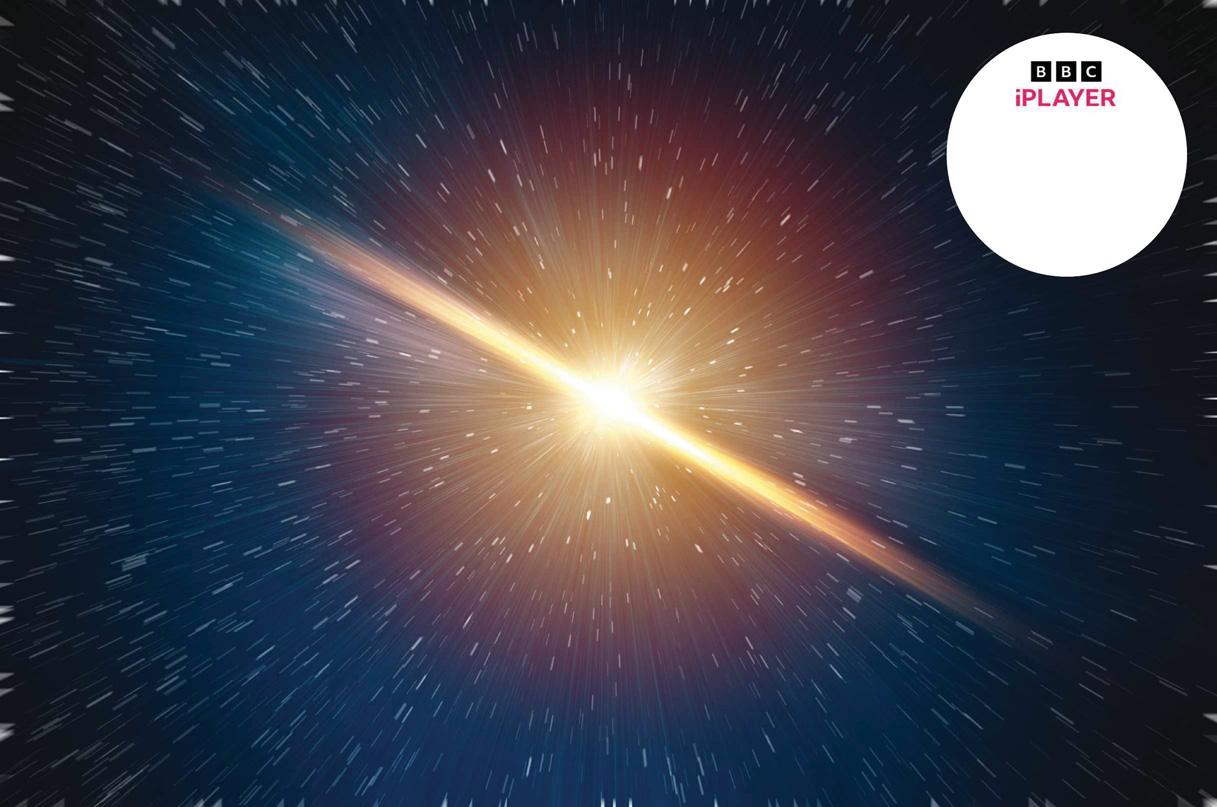
Imagine you're an alien on a distant planet and you're desperate to let everyone know you're there. Instead of howling aimlessly into the void, how can you give yourself the best chance of being heard? According to new research, extraterrestrial civilisations could piggyback a signal onto one the brightest beacons in the known Universe: a supernova.
These cataclysmic explosions detonate as the biggest stars die. For a time they shine as brightly as 10 billion Suns and release as much energy as the Sun will emit in its entire 10-billion-year lifetime. When a supernova goes off, astronomers sit up and take notice.
In May this year, astronomers erupted in a flurry of excitement when they spotted the supernova SN 2023ixf detonate in the Pinwheel Galaxy (also known as M101). "It was the closest supernova in a decade," says James Davenport, an assistant professor at the University of Washington. It was bright enough to see with amateur telescopes, even though M101 is 21 million light-years away.
Esta historia es de la edición August 2023 de BBC Science Focus.
Comience su prueba gratuita de Magzter GOLD de 7 días para acceder a miles de historias premium seleccionadas y a más de 9,000 revistas y periódicos.
Ya eres suscriptor ? Conectar
Esta historia es de la edición August 2023 de BBC Science Focus.
Comience su prueba gratuita de Magzter GOLD de 7 días para acceder a miles de historias premium seleccionadas y a más de 9,000 revistas y periódicos.
Ya eres suscriptor? Conectar

COULD MARINE CLOUD BRIGHTENING HELP US FIGHT CLIMATE CHANGE?
The theory behind marine cloud brightening is that brighter or whiter clouds reflect more sunlight back into space.

IS IT SAFE TO RUN EVERY DAY, OR SHOULD I DITCH MY RUN STREAK TO SAVE MY KNEES?
A running streak, where you run every day without taking rest days, can be highly motivating and beneficial for overall fitness. Running is great cardiovascular exercise and isn't to be discouraged (and finding a routine with some consistency is great). Getting a bit of exercise as often as possible is also hugely beneficial for your mental health.

WHAT MAKES THE MEDITERRANEAN DIET SO GOOD FOR US?
The Mediterranean diet may help you live longer, especially if you also adopt the lifestyle of people living near the Med during the 1950s.

WHAT IS MEXICO'S BLUE HOLE?
The world's deepest blue hole (marine sinkhole) lies off the coast of Mexico's Yucatán Peninsula. It's at least 420m (1,378ft) deep, but explorers still haven't found its bottom.

HOW CAN I TELL IF I'VE GOT HIGH CORTISOL LEVELS?
Cortisol is a hormone produced by glands in our bodies called the adrenal glands, which sit above the kidneys. It plays a critical role in various bodily functions, including regulating metabolism, reducing inflammation and helping the body respond to stress. While essential for our health, chronic elevation of cortisol levels can lead to several issues.

THE LUNGFISH
In 1836, European scientists discovered a peculiar animal from the River Amazon that they struggled to identify. Its eel-like body was a few feet long and its air-filled lungs persuaded anatomists it must be a reptile.

ARE WE THE ONLY SPECIES TO HAVE BEEN THROUGH A STONE AGE?
The Stone Age might conjure up images of early humans, sitting around a campfire or hunting prehistoric beasts, but evidence shows that we're not the only species that has learned how to work with stone tools. Wild chimpanzees (Pan troglodytes) use stone tools to crack open nuts.

Should we scrap daylight saving time?
Most of us look forward to the extra hour we get in bed every October, but researchers argue that changing the clocks twice a year harms our health

THE INTERNET OF ANIMALS
SCIENTISTS ARE USING ELECTRONIC TAGS AND SATELLITES TO TRACK WILD ANIMALS AND CREATE A DATA NETWORK THAT COULD HELP US ADDRESS THE BIODIVERSITY CRISIS

MUSIC FOR A DISTRACTED GENERATION
The number of things competing for our attention is often overwhelming. Can dreamy soundscapes created with neuroscience help our bewildered brains to concentrate?